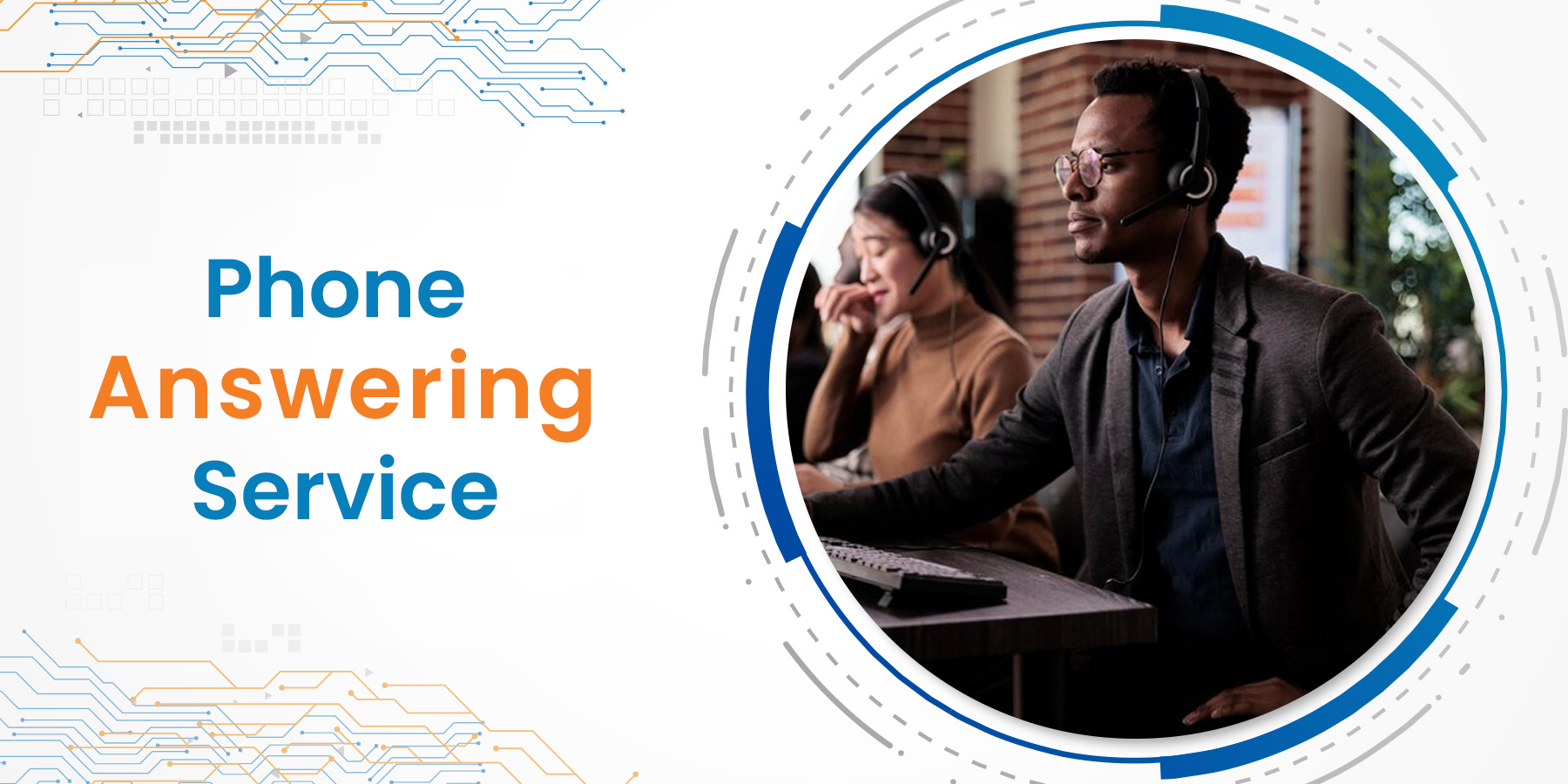4 Different Types of Phone Answering Service – Which One Does Your Business Need?
Phone call answering services can help your business provide a better customer service experience. However, that depends on the type and quality of service your provider can deliver. This is why choosing the best remote answering service is highly important.
Even if your business is just starting out, outsourcing phone call answering service can be a factor in establishing your business. In fact, most businesses that use answering services start out being only 5% established, and by their 5th year, they’re already at 63%. That goes to show how phone call answering services can directly contribute to your business.
4 Types of Phone Answering Service
There are different types of phone call answering services that serve different functions for businesses. In order to make the most out of your phone answering service, you have to make sure to use the correct type of service for the kind of business you have.
These types of phone call answering services cater to different kinds of businesses. Some industries benefit more when using live answering services, while some might benefit more with omnichannel answering services.
It’s important to know the key features each type of service has to know which one will work best for your business. Let’s look at the four main types of phone call answering services and how they differ.
Live Answering Service
Live answering service is the most common type of phone call answering service that businesses use. In a nutshell, a live answering service is the same as a remote receptionist service. Virtual phone receptionists will handle calls for your business based on a set of guidelines you will provide.
A live answering service is intended to create the impression that the caller has reached your office directly. Remote receptionists handle incoming calls, schedule appointments, take messages for you, or provide a bit of customer support.
The availability, call volume, and number of receptionists for live answering services can be flexible, which is why it works well for many businesses and is the most commonly used. You can start with one virtual phone receptionist and then scale up when needed.
Automated Answering Service
For companies that need 24/7 service and receive calls that don’t necessarily need a person to be handled, automated answering services provides an automated voice response. Combining automated answering with live answering services is also possible. It is useful for those who want to allow their callers to leave a message or receive a return call later.
This is an inexpensive way to ensure that low-priority calls and ones that you receive way past business hours are still taken care of. It can be programmed to answer frequently asked questions, give basic information, or take a message.
Automated answering services can be more of a hindrance than an asset for businesses that handle more complex calls. Customers may perceive it as something that prolongs the resolution of their concerns and bars them from talking to an actual person.
Call Center Service
Call centers cater to bigger businesses that handle a high volume of calls and spend longer on the phone to qualify leads, take orders, handle customer complaints, etc. Companies that handle calls that take more than a few minutes benefit greatly from call center services.
Due to the higher volume of calls that call centers are handling, outsourcing companies that offer this service almost always have a lot of customer service representatives on staff. These agents usually work around the clock, which allows 24/7 availability.
Some businesses build an in-house call center, but outsourcing is more convenient for most of them. However, since this type of service is meant for a high volume of calls, it can be hard to afford for small businesses.
Omnichannel Answering Service
Most ecommerce businesses rely on omnichannel answering services to handle customer interactions through different communication channels including online messaging, live chat on websites, and email. While live answering services may work for web-only businesses, they often lack the features necessary for e-commerce, like the ones mentioned above.
Omnichannel answering service is often offered as a 24-hour service combined with a live answering service. But with a lot of businesses going digital, omnichannel answering service has become much more popular. Customers find live chat and online messaging much more convenient when connecting with businesses.
Things to Consider When Choosing an Answering Service
Each type of answering service can bring different benefits to your business. It’s important to know their differences so you can make an informed decision on which type of service you’ll use.
There are many factors involved in making this decision. Here are some of the things that you should consider when choosing an answering service that suits your needs:
1. Know your budget
Most remote answering service providers don’t have a flat rate structure. Commonly, the pricing model for these services is based on your phone line traffic — per minute or call billing. To make the most of your phone call answering service, you’ll need to determine which pricing model works best for you, depending on your business’s average monthly call volume.
2. Consider the features and inclusions
Not all service providers offer the same service inclusions. Some features, like call forwarding or after-hours messages, are not automatically included in all service offers.
You should evaluate what kind of features you’ll want to add to the phone answering service. If there are features that you want to use in conjunction with a particular type of phone call answering service, you have to ensure that your service provider offers them too.
3. Information security
Whether it’s client data or business secrets, confidential information is exchanged over the phone calls your business handles. That’s why security and data privacy is one of the main things you shouldn’t gloss over when hiring any service provider.
Make sure that your remote answering service provider is PCI compliant. Any eCommerce company that uses an answering service that is not compliant could face thousands of dollars in fines, business loss, or even jail time if there’s any violation.
4. Schedule and availability
Does your business receive calls only within business hours or throughout the day? You need to establish your preferred availability so you can choose the suitable answering service. Depending on the features and inclusions of your phone call answering service, you can customize your answering service agent’s availability to fit your business needs.
Although the schedule could easily be changed and discussed with your service provider, it significantly impacts how much the total service cost will be, so you have to think about this carefully. Do you really need agents to be on standby at all hours?
5. Customization of customer experience
If you want to maintain the continuity between your customer’s experience onsite and over the phone, you’ll need to ensure that you can personalize your answering service. Call handling templates, procedures, and even terminologies used during calls should be tailored to your business as much as possible. You don’t want generic call scripts that leave customers with a cold and impersonal customer experience.
Conclusion
It’s a common misconception that answering services are too expensive or complex for small businesses, but that’s not true. Whether you own a small to midsize business, an enterprise, a consulting firm, or an agency, there’s an answering service that will streamline your customer service and increase your productivity.
You just need to analyze what type of phone call answering service your business needs, how much budget you can allot, what hours you need the answering service to be available, and how you can manage your customers’ experience.

Kimberly Morrison
Kimberly Morrison has been the Director of Client Relations at VGROW since 2019. She builds strong customer relationships, drives client retention, and oversees team productivity. Kimberly's approach to customer engagement is key to VGROW's aim of streamlining business processes through virtual assistance services.





